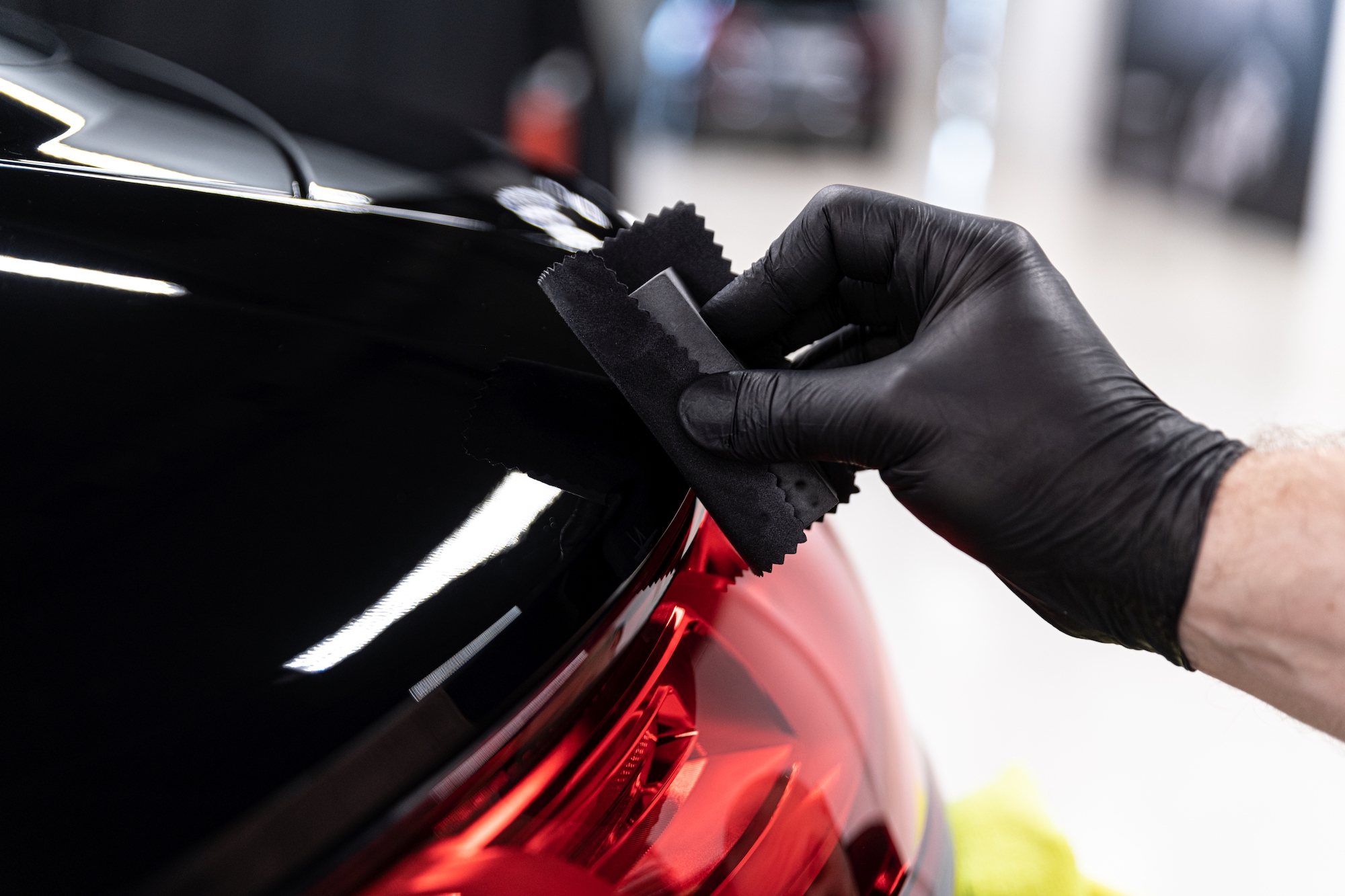How to Prepare Your Car for Shipping

Whether you’re an individual or vacationer moving to a city nearby or across the country, or maybe a military member relocating to another base, sometimes you want to skip the drive and ship your automobile to its new home instead.
Now that you’re about to ship a valuable asset, you want to take all necessary preparation steps to make the process smooth and stress-free. Of course, the driver is responsible for transporting the car to your new residence. However, you are responsible for preparing the vehicle before the driver’s arrival to aid in successful transportation.
If you woke up this morning and thought to yourself, “today’s the day I ship my car, ” congratulations – this guide is for you! If you’re trying to assess costs, read this car shipping cost guide; if you want to learn how to prepare your car for shipping, read on!
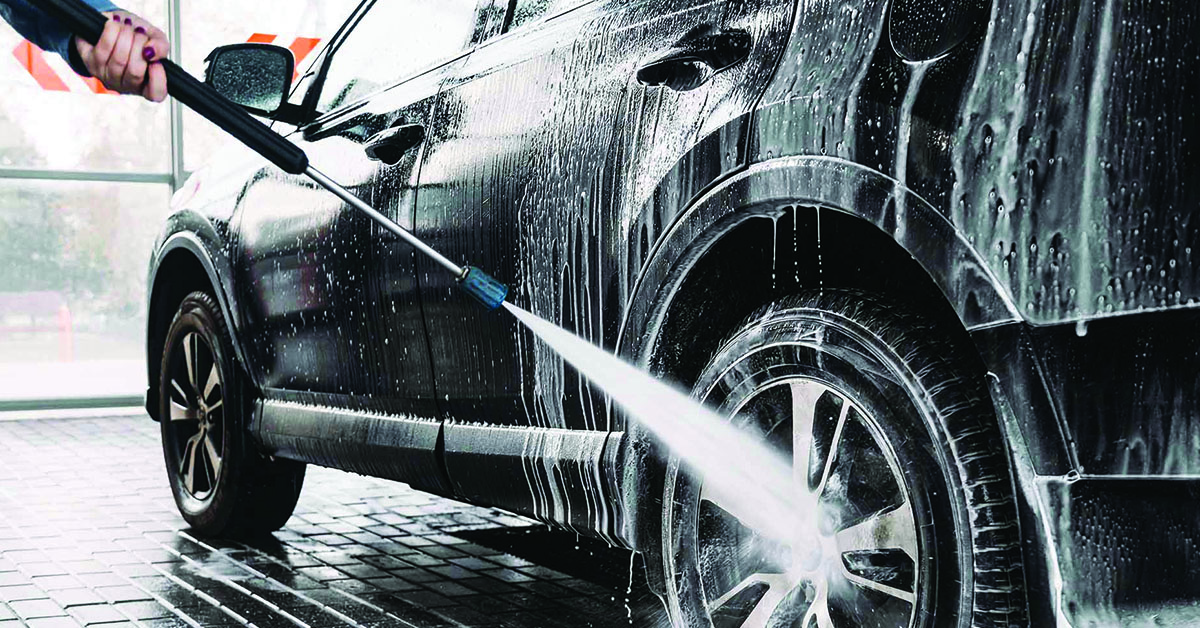
Via Progressive
Wash your car
This first step might seem obvious, but often, it gets overlooked. Washing the exterior of your car is essential because before transporting the vehicle, the driver will do a condition report with you. This report documents the car’s current state, including any existing damage, both cosmetic and functional.
Having your vehicle clean makes this process easier for you and the driver, as you’ll be able to spot any paint scratches and chips, dents, scraped bumpers, dings on the body, or any other damage to the vehicle.
Also, don’t wait until the last minute to note any damage to your vehicle. As soon as the car is clean, inspect your vehicle and take note of its condition before the carrier arrives to pick up the car. It will save you a lot of time at pickup and ensure you don’t miss anything. Otherwise, you may feel rushed doing this process when the driver is with you.
Remove personal items
Whether the driver arrives to pick up your car and you realize you forgot to pack a few boxes or you’re low on space in your moving truck, it might be tempting to stash personal belongings in your car before shipping it.
However, insurance companies don’t cover items packed in your vehicle against damage or theft. Also, the transportation carrier may get a fine for moving your personal belongings in your car.
Therefore we recommend removing any personal items from your vehicle like:
- Charging cables and cell phone accessories
- Water bottles and coffee mugs
- GPS and other electronic devices, including detachable car stereo faceplates
- Sunglasses and cases
- Car insurance paperwork and personally-identifying documentation
It’s also essential to deactivate or remove any toll tags or parking passes. The toll tag will likely pick up the fee if your vehicle passes through a toll road while driving or on a trailer. So avoid any unnecessary expenses and deactivate or remove your toll tags.
Gas / Fluids
Check for any leaking fluids such as gasoline, oil, brake fluid, antifreeze, and battery fluid, and it’s best to have your gas tank just a quarter full. Otherwise, the extra gasoline in the engine can leak out in transit. So if you notice any fluid leaking out of your vehicle, fix it before moving. The reason is that an overflow of fluids can affect your car’s performance and damage the engine. Less fuel also means your vehicle will weigh less and reduce shipping costs.
To prevent any leakage, you must reduce the fluid levels in the expansion tank. This step will allow the air and coolant in the system to expand in case temperatures and pressure rise.
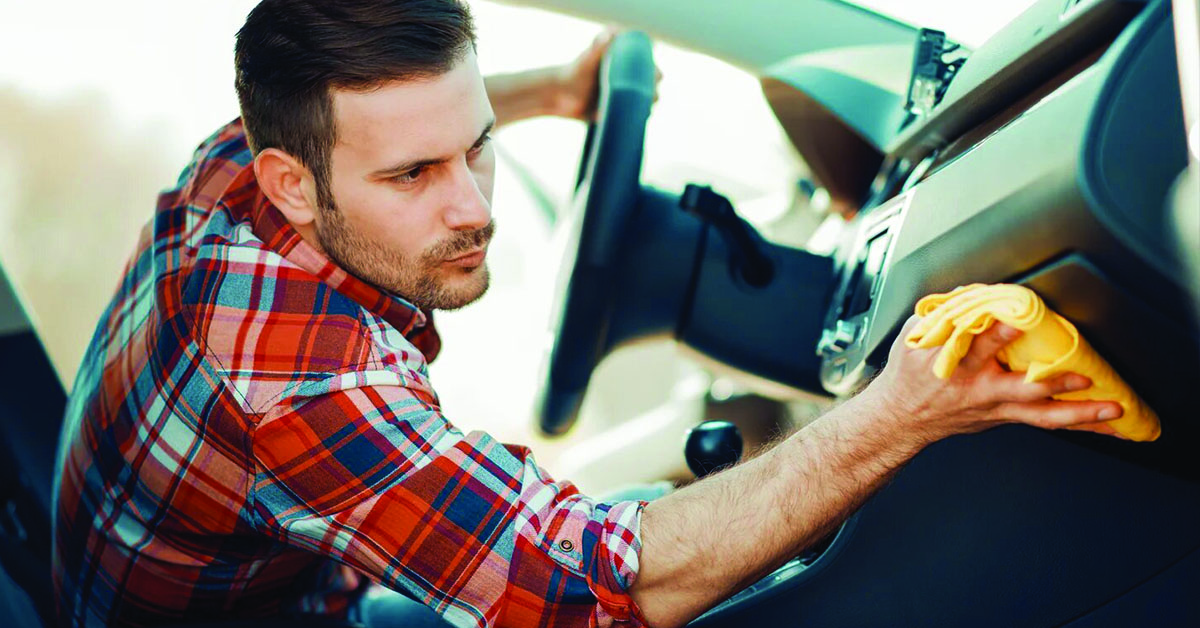
Via The Drive
Interior protection
Interior cleanliness is just as important as the exterior. For this reason, clean your car both outside and inside thoroughly. We are talking about the dashboard, seats, steering wheel, carpets, upholstery, door trims, and ceiling, to name a few.
Wipe down surfaces and clear out the junk so you can start with a fresh, clean car at your new home. Remove any items that could bounce or move around and cause damage vehicle’s interior or the items themselves. Removing these items will also decrease the risk of theft or loss during transport.
The goal is similar to exterior cleaning: to identify any damage or the aesthetic condition of the car’s interior before the driver arrives to pick up your vehicle.
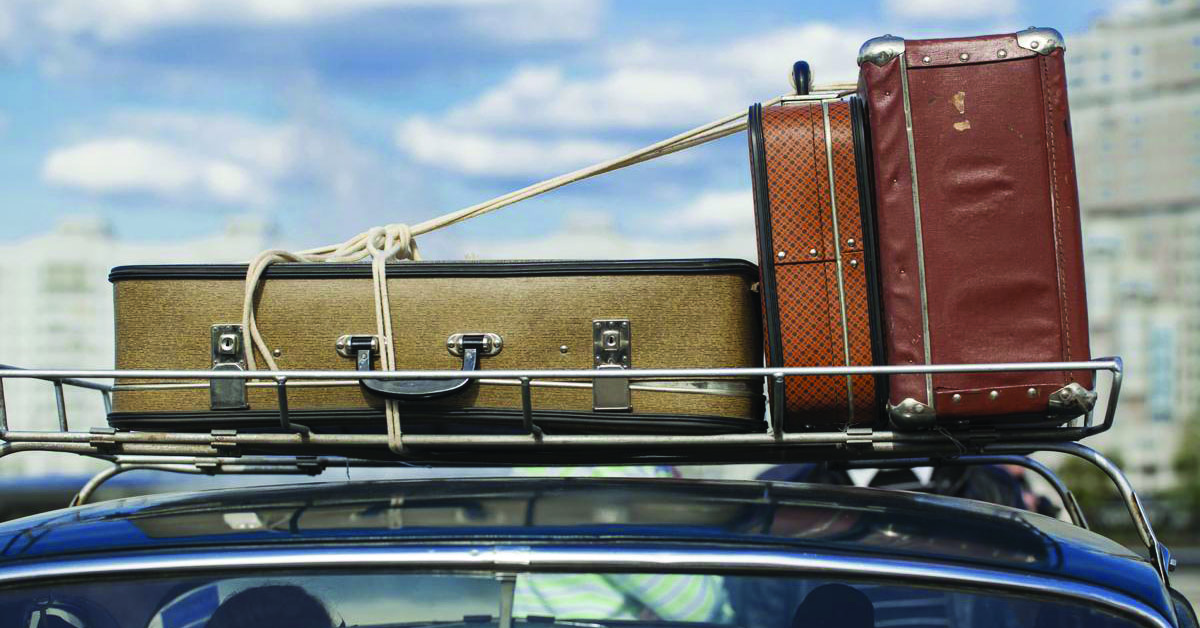
Via Wheelzine
Exterior protection
You can do several things to protect your vehicle’s exterior and or expensive accessories during shipping. For instance, secure or remove external accessories such as:
- Ski and bike racks
- Removable rooftop luggage racks and boxes
- Hitch cargo boxes
- Trailer hitch balls and hooks
- Retractable antennas
- Bull bar fog lights
- Custom spoilers
- Side mirrors
Disable Anti-theft devices and alarms
Disable any alarm or anti-theft devices so these don’t cause trouble to the driver, such as restricted access to the car or other inconveniences. It may seem counter-intuitive, but the people transporting your car need unrestricted access to it in case of any transportation mishaps.
The last thing the carrier wants to deal with is a car with an alarm going off that they can’t quickly get to or any anti-theft device they don’t know how to shut off.
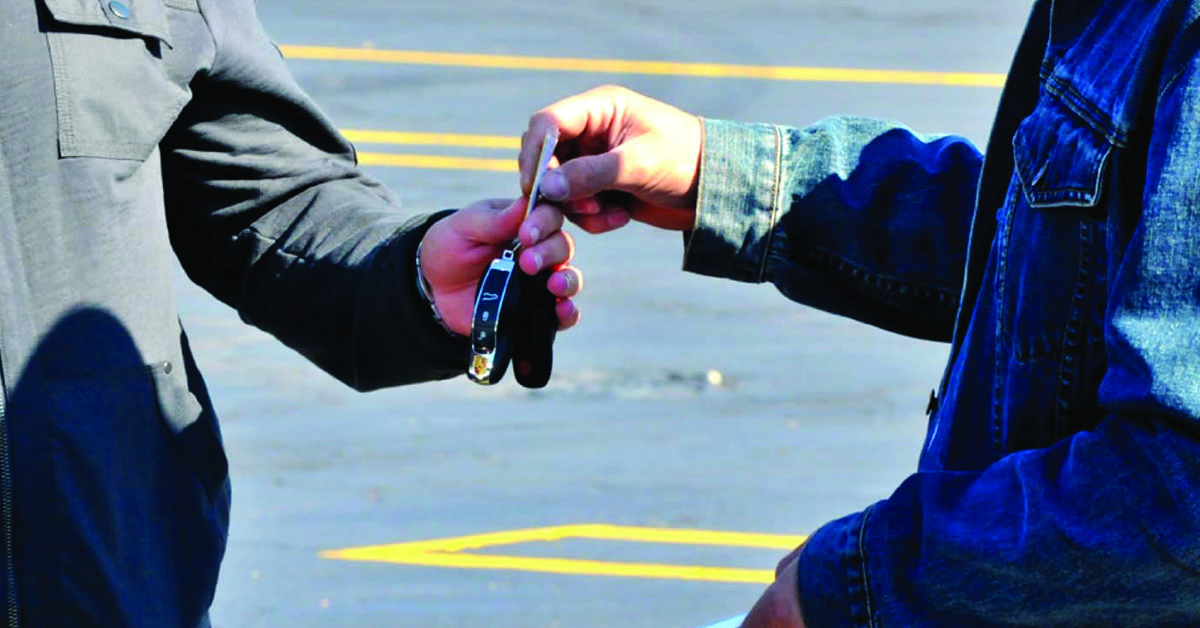
Via Montway
Keys
One of the most valuable tips for shipping your car is that you must have your keys and a spare set for auto transport. The reason is that the auto transporter will need to drive your vehicle for loading and loading. If you own an older model vehicle, this may mean a door lock key and perhaps an additional glove compartment key along with the ignition key.
Still, you can lock the vehicle before shipment for extra protection against theft. So if you don’t have a spare set, now that you will be shipping your car is an excellent time to make one. Just avoid giving the transport driver your only set of keys. You don’t want to arrive at your new home only to discover that you have lost your original key set and cannot drive your car.
Insurance
We highly recommend that you have insurance if you’re considering shipping your car. The carrier’s cargo insurance will cover your vehicle if the transporter causes any damage. Still, your insurance will be responsible for the repairs if the damage results from natural causes such as hail, flooding, lightning, or tornadoes. Check with your auto insurance company to verify whether your car insurance applies during auto transport or not.
When you request a quote for shipping a car, inquire if the auto mover offers insurance coverage for your vehicle. They might work with a third-party insurance company if they don’t provide insurance.
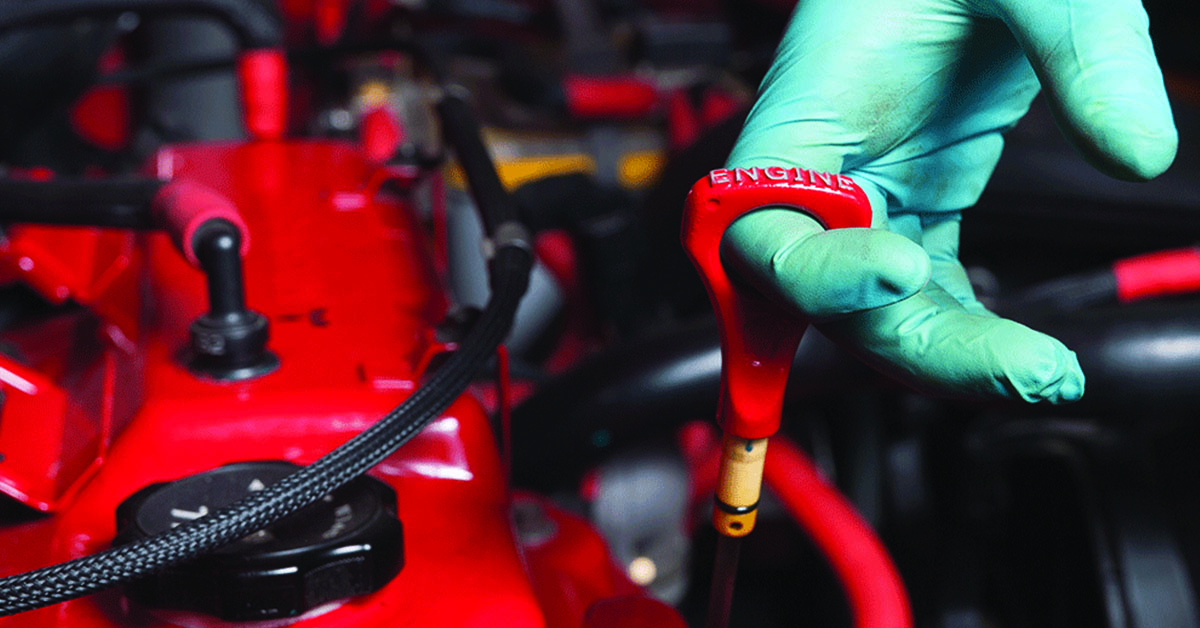
Via Dale Feste
Maintenance
This is another essential step when shipping your car, but owners often need to pay more attention to it. Remember that if you’re transporting an inoperable vehicle, note that fact when you book with the car shipping company since they will not be able to drive your car on and off the truck.
For cars in working condition, look for any mechanical issues, and top off any fluids. The following are some of the most important aspects to check before car shipment:
- Tire pressure: Tires should have the exact pressure recommended by the manufacturer to avoid vehicle damage during transport.
- Battery charge: Ensure that your car battery has a full charge.
- Fluids: Top off your oil, brake fluid, antifreeze, power steering fluid, and washer and ensure there aren’t any leaks.

Via Haynes
Take pictures
Once your car is clean, remember to take pictures. Make sure the photos are good quality and have the date. Some folks only take pictures of damaged areas, but we recommend taking photos of the vehicle at different angles. It’s better to have many pictures for your records to protect you if damage occurs during transport.
Although some drivers will take photos as part of the vehicle condition report, don’t rely solely on their photos if they do. It’s best to assume they won’t take photos, and it’s always a good idea to have your own pictures, even if the driver takes some.
We also recommend taking a picture of the odometer. This tip is strictly for your peace of mind to ensure the driver isn’t going to “take your car for a joy ride.”

Via Montway
Although getting your vehicle ready for shipment is more complex than just arranging for pickup by the shipping company and calling it a day, you can follow this guide to ensure your vehicle arrives safe and sound in its new home. We have outlined everything that needs to be taken care of before shipping.





